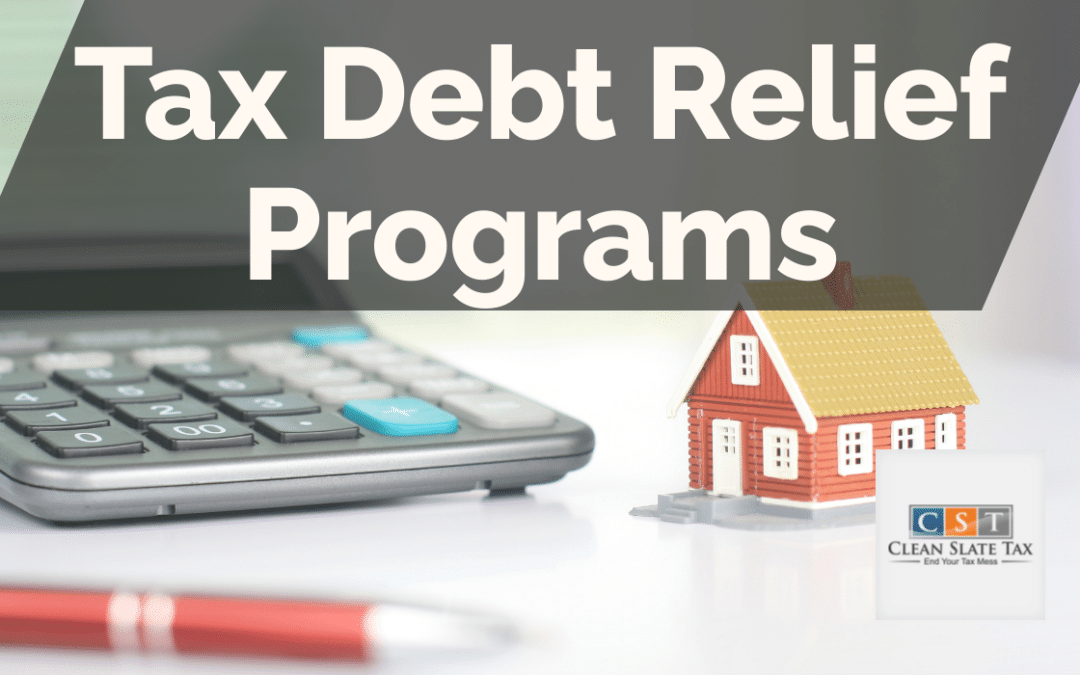Tax debt can easily snowball, leaving individuals and businesses struggling to make ends meet. Thankfully, there are a variety of tax debt relief programs available that can offer a helping hand.
Offer in Compromise
An Offer in Compromise is a tax relief program available through the IRS. This program allows qualified individuals and businesses to settle their tax debt for less than the full amount they owe. To be eligible for an Offer in Compromise, taxpayers must meet certain requirements, such as demonstrating that they are unable to pay their full tax debt.
Installment Agreement
An installment agreement is a tax relief program that allows taxpayers to pay off their tax debt over time. The IRS offers a few different options for installment plans, including short-term and long-term agreements. While interest and penalties will continue to accrue on the outstanding balance, paying through an installment agreement can help taxpayers avoid more severe collection actions by the IRS.
Currently Not Collectible
The Currently Not Collectible status is a tax relief program available for taxpayers who are unable to pay their tax debt due to financial hardship. When a taxpayer enters Currently Not Collectible status, the IRS agrees to temporarily suspend collection actions on their account. If the taxpayer’s financial situation improves, the IRS may lift the Currently Not Collectible status and resume collection actions.
Frequently Asked Questions
How do I qualify for tax debt relief programs?
The requirements for tax debt relief programs vary depending on the specific program. However, common qualifications include demonstrating a financial hardship or an inability to pay the full amount of tax debt owed. It’s important to consult with a tax professional or contact the IRS for specific information on which programs you may be eligible for.
Will tax debt relief programs affect my credit score?
Entering into a tax debt relief program may have an impact on your credit score, as it may be reported to credit bureaus. However, the impact will typically be less severe than if the IRS pursues more severe collection actions, such as wage garnishment or asset seizure.
How long does it take to get approved for a tax debt relief program?
The timeline for approval for tax debt relief programs varies depending on the specific program and various factors unique to the taxpayer’s situation. In some cases, taxpayers may be able to receive relief in a matter of weeks, while other programs may take several months or more to be approved.
Can I negotiate with the IRS on my own?
While it’s possible to negotiate with the IRS on your own, it can be a complicated process. Working with a tax professional or seeking assistance from a tax debt relief company may increase your chances of success in negotiating with the IRS.





